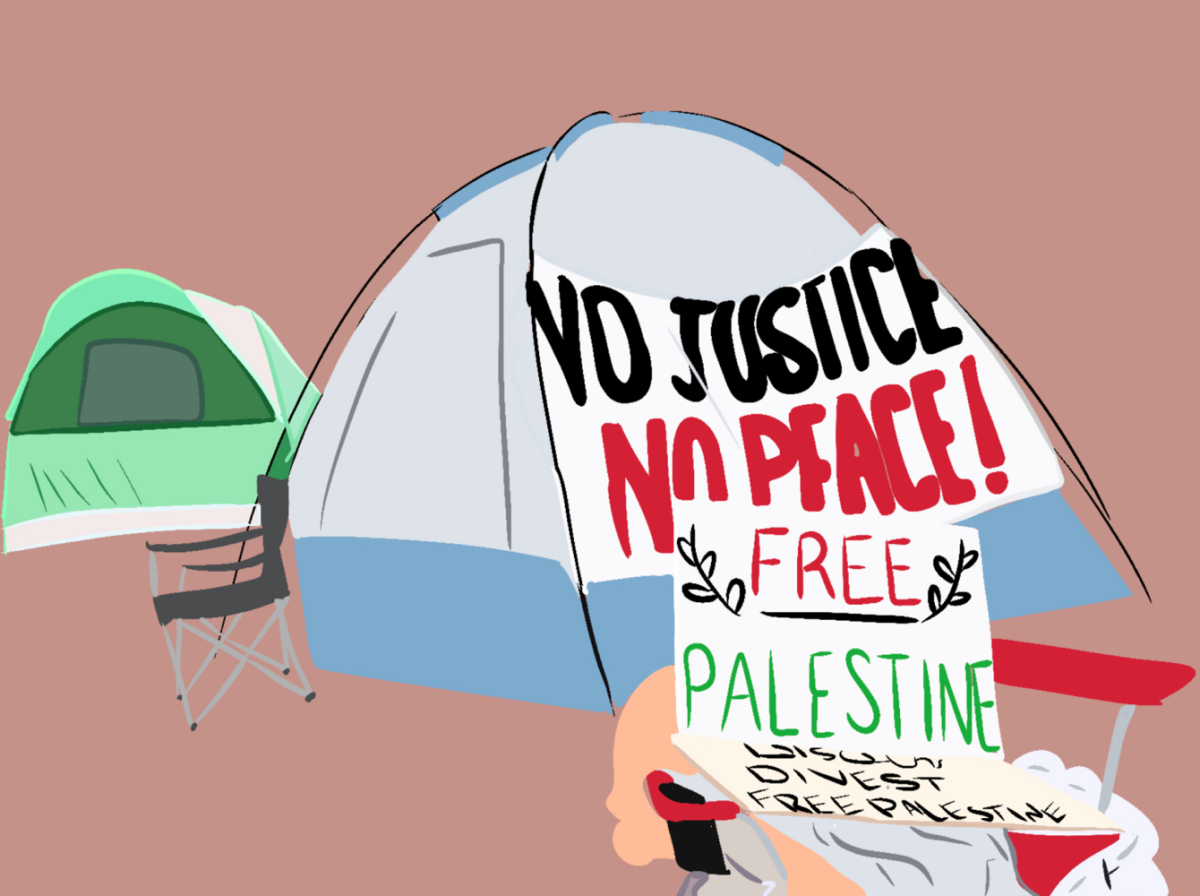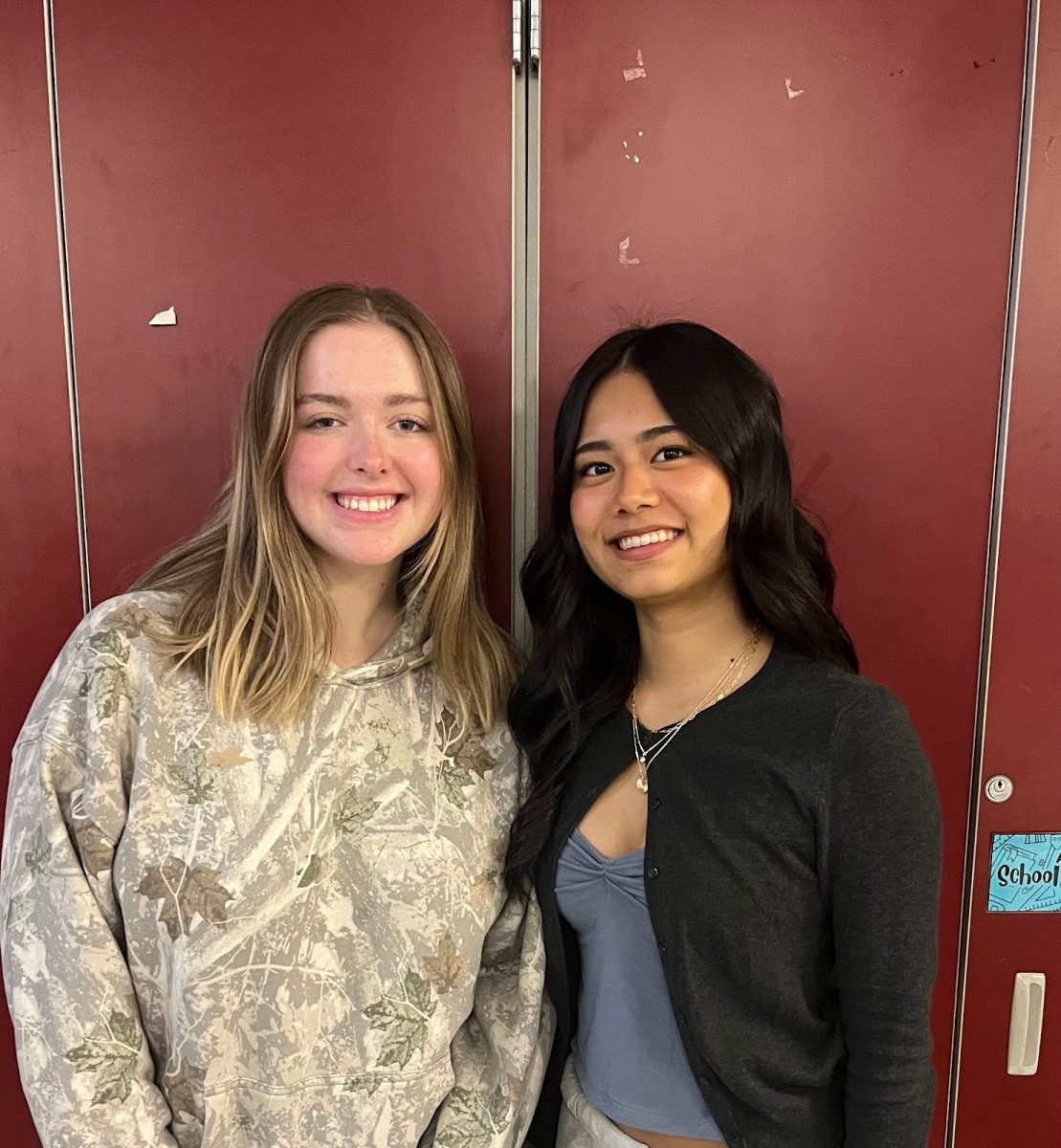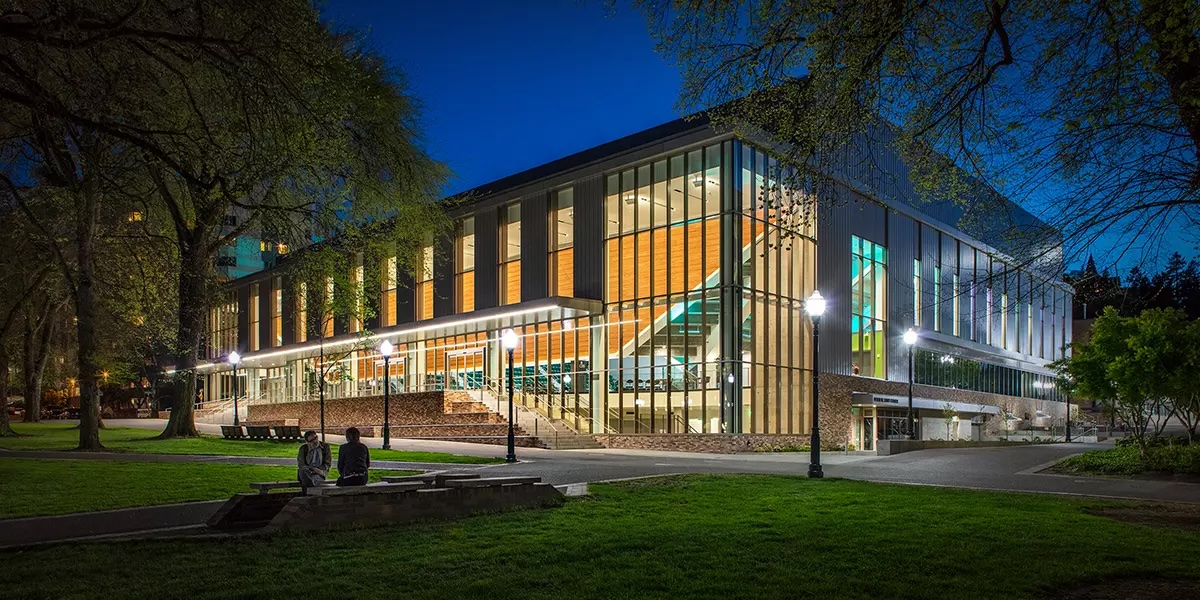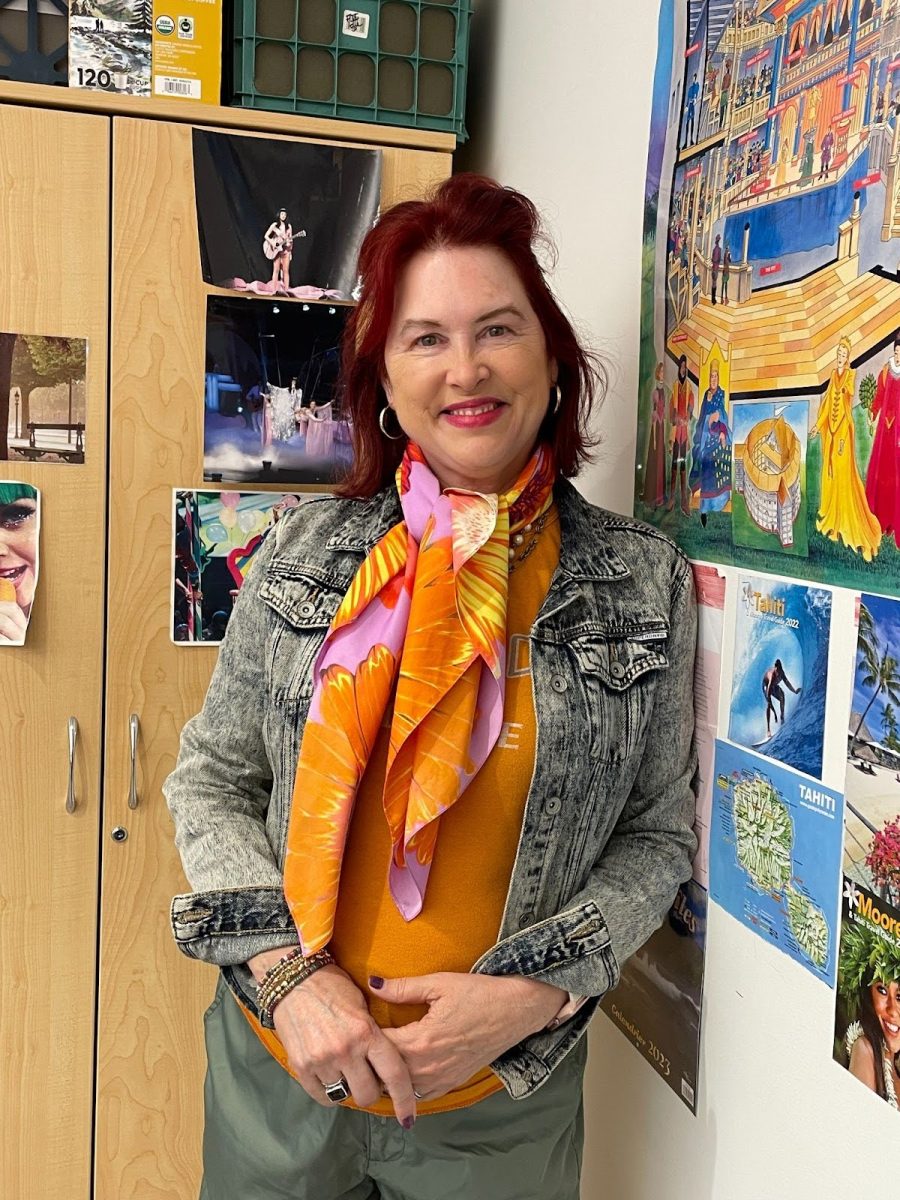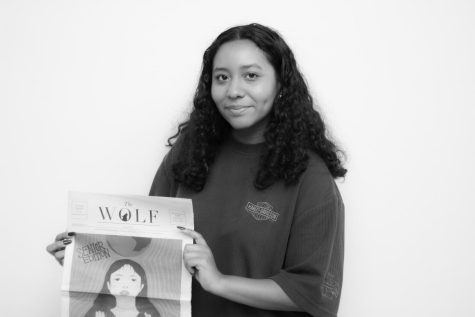As Israel’s assault on Gaza entered its seventh active month in April, students in the U.S. assembled Gaza-solidarity encampments at countless universities from coast to coast. And now, after university officials gave police the green light to arrest more than 2,900 students at various encampments, faculty and academic workers across the country are stepping up to support them and to continue pushing for their demands.
As of press time, over 25 colleges and universities in America have student-led encampment protests. Hundreds of students have been arrested at these protests within the last couple of weeks, leading faculty at these schools to take up their cause. Though there is no exact tally of how many professors have been arrested, news stories and social media reports suggest the numbers are steadily mounting.
“The university leaders are in the wrong,” one TuHS alumnus who wanted to remain anonymous said. “I hope these students and faculty don’t back down.”
On the west coast, the University of California at Los Angeles (UCLA) saw clashes take place around the pro-Palestine camp through late April, but these reached a fever pitch on April 30. News reports and social media videos showed Israel supporters attacking the anti-war encampment before police were called to the scene. Students from the University of California at Berkeley (UCB) pitched tents on its Sproul Plaza to continue its call for the university system to divest from indirectly funding Israel and set up a Palestinian studies program.
Additionally, at the University of Southern California (USC), tents set up by protestors on the Alumni Park lawn were cleared by local law enforcement. More than 90 people were arrested and the campus was briefly closed. The school has also canceled commencement after mounting criticism for canceling a speech by Muslim valedictorian and biomedical engineering major Asna Tabassum. USC Provost Andrew Guzman said in a statement last week that the decision to cancel Tabassum’s speech was aimed at protecting campus security and “had nothing to do with free speech.”
“I am proud of these students,” the TuHS grad said, “and I’m glad that while the university will not be on the right side of history, the community will be.”

